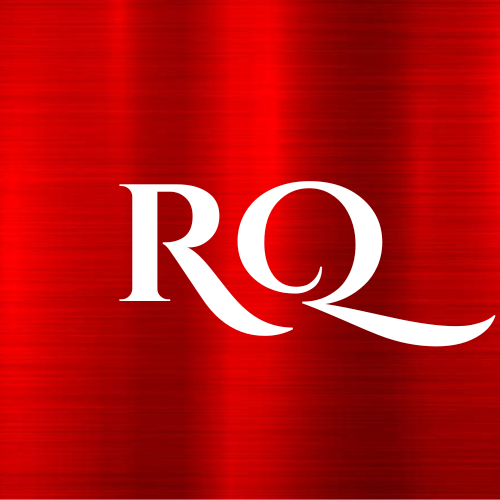Understand How People See You
--My six favorite takeaways in bullet point form from the outstanding HBR IdeaCast interview with Heidi Grant, social psychologist, speaker and author of No One Understands You and What to Do About It.
Five Reasons Your Company Needs a Chief Reputation Officer
by Lisa Christen, at Forbes
July 28, 2022
Snippets: WeWork, Enron, Volkswagen, Wells Fargo, Uber. What comes to mind when you read this list of (in)famous company names? Scandal.
Five big reasons are listed why a leadership team needs a dedicated chief reputation officer:
Reputation is even more critical in the digital era.
There’s a missed opportunity when you’re only thinking about reputation management defensively.
No one holds the day-to-day responsibility of maintaining your company’s reputation.
it is difficult to cooperate across many silos organically.
Repairing broken trust is sometimes impossible.
Crisis Communications: What to Expect When You’re Not Expecting a Crisis
by Creating Results
Snippets: “More and more in crisis communications, we find that a decades-old rumor or allegation can be just as disruptive as any modern-day crisis.
Remember: Statutes of limitations are a legal concept, not a reputational one. Years-old, even decades-old, crises can be tomorrow’s communications challenge.”
“In this communications landscape, our first message sets the tone for our entire crisis response. Can we build on the strength and resolve of that first message? Or will you have to correct course and dig ourselves out of a self-dug reputational hole?”
“Action, or the lack thereof, is your response to a crisis. Your public relations team — and by extension, your crisis response team — can only communicate the actions or decisions your organization does or does not take… Without decisiveness and clear direction, your message hardly matters.”
“Honesty is the linchpin to your crisis response. Without it, your credibility, and everything that comes with it, falls apart. Often, your organization will know more information than you’re willing or able to share publicly.
“That’s okay. However, you want to ensure you’re not misleading your audiences through your communication. We often counsel clients to craft their response under the assumption that everything they know today could become public tomorrow.”
Can A 'Rusty' Reputation Be Repaired?
by Amber Melville-Brown, at WealthManagement.com
Snippets: “Whether we are celebrities or civilians, and whether we were pushed, fell or jumped to our reputational doom, we have a role to play in our reputation remedy.
“If we learnt “the three Rs” at school—reading, writing and arithmetic – we can learn three more reputation rehabilitation Rs in the school of life—responsibility, regret and repair.”
“To err is human and to forgive divine. But whether to apologize is another question. On the one hand an early acceptance of responsibility can mean the world to a victim or their family and can help to draw a line for anyone involved in an incident in which we bear some responsibility.
“However, where civil claims are pending or criminal investigations are underway, owning up can mean opening oneself up to legal liability and will surely be firmly advised against by the attorneys.”
“Uttering those three little words “I am sorry” may be anathema to legal advisers navigating you through the choppy seas of an investigation or litigation.
“But an expression of regret need not be an acceptance of guilt or liability. One can be regretful that something occurred, without accepting liability.”
“We also need to remember that actions speak louder than words, and that in a crisis situation and its aftermath, people will be watching what we do as well as what we say. Our walk must mirror our talk, and both should work symbiotically…”
'Sextortion' attacks on the rich and famous are on the rise. Here's how their lawyers discreetly fight back.
by Laura Italiano, at Business Insider
July 25, 2022
Snippets: "It's always the same thing: 'Pay me, or I'm going to blow up you, or your marriage, or your business.”
These are not legitimate, "#MeToo" cases, but rather blackmails based on false accusations.
"Typically it's clear there's been no wrongdoing. It's a clear red flag when part of the extortion is the threat to go to law enforcement, but they say they've chosen not to."
Reputation Quality review: This is a very informative, educational, interesting and helpful article. The dirty truth is that false accusations happen, especially when opportunity is bountiful and the predator is confident that won’t be caught.
This Business Insider article is abundant in professional sources, providing comments on their work and experiences.
Action, or the lack thereof, is your response to a crisis. Your public relations team — and by extension, your crisis response team — can only communicate the actions or decisions your organization does or does not take.
If you learn of employee misconduct, will you discipline or terminate the individual? Will you investigate?
If allegations arise that you provide poor quality goods or services, will you refine your processes? Without decisiveness and clear direction, your message hardly matters. “

